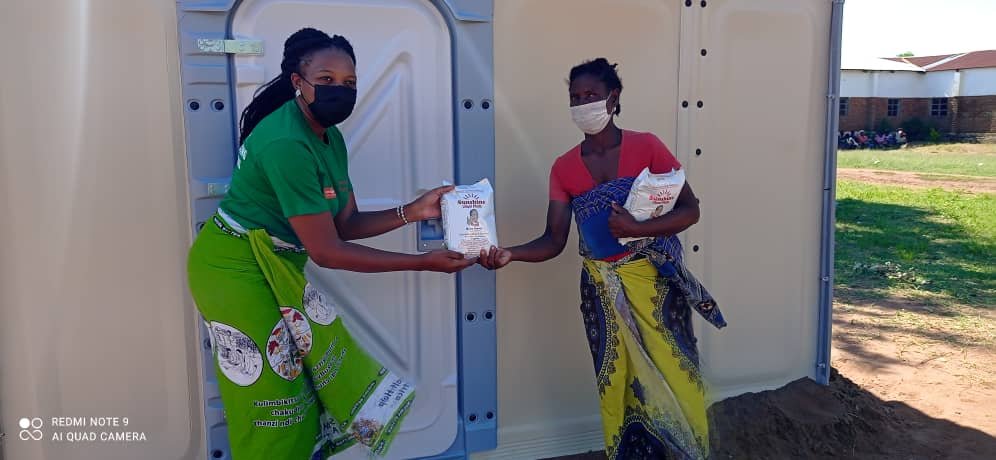Image: The Mulanje district of Malawi is one of the worst-affected regions, with nearly 7,000 displaced families seeking refuge in temporary camps
Tropical Storm Ana hit the coast of Mozambique on 24 January. It then swept through Malawi, bringing with it torrential rains, strong winds and large-scale floods. As well as damaging buildings and wiping out livestock and crops, the cyclone has displaced more than 22,000 families.
The President of Malawi declared a State of National Disaster on 26 January, due to the heavy flooding across many districts. Some 17 districts and two cities have been impacted. Around 870,000 people have been affected by the floods, with 100,000 displaced and sheltering in temporary camps, where they are struggling to meet their basic needs.
The impacts:
The storm-affected communities are facing huge challenges, including:
Homelessness due to collapsed houses
Significant damage to public buildings, e.g. schools, health centres, churches
Contamination of water sources, e.g. wells
Cut-off road networks
Disrupted power supplies
Damaged crops
Disruptions of social services (e.g. schools, hospitals, markets)
What is UP doing?
We have joined the Inter-agency assessments in Mulanje and Nsanje districts (two of the most affected districts in Malawi)
With funding from UNICEF, we have distributed 1,800 buckets (20L) to camps of displaced people in Mulanje district
With support from Kadale Consultants, we are procuring 120 packets (5kg) of nutritious porridge, to be distributed to 120 malnourished under-five children in camps in Mulanje
With funding from ECHO, UP will support Mulanje District Health Office to roll out the COVID vaccine in the camps
With EU funding through our Social Support for Resilience Programme, we will support the worst-affected households in Mulanje by providing them with early-maturing crops
“Thousands of hectares of crops have been washed away and over 20,000 families are living in 122 temporary camps, with no access to food, clean water or basic sanitation. The situation is urgent: if we fail to act now, many of the development gains achieved over the past few years will be permanently lost.”




